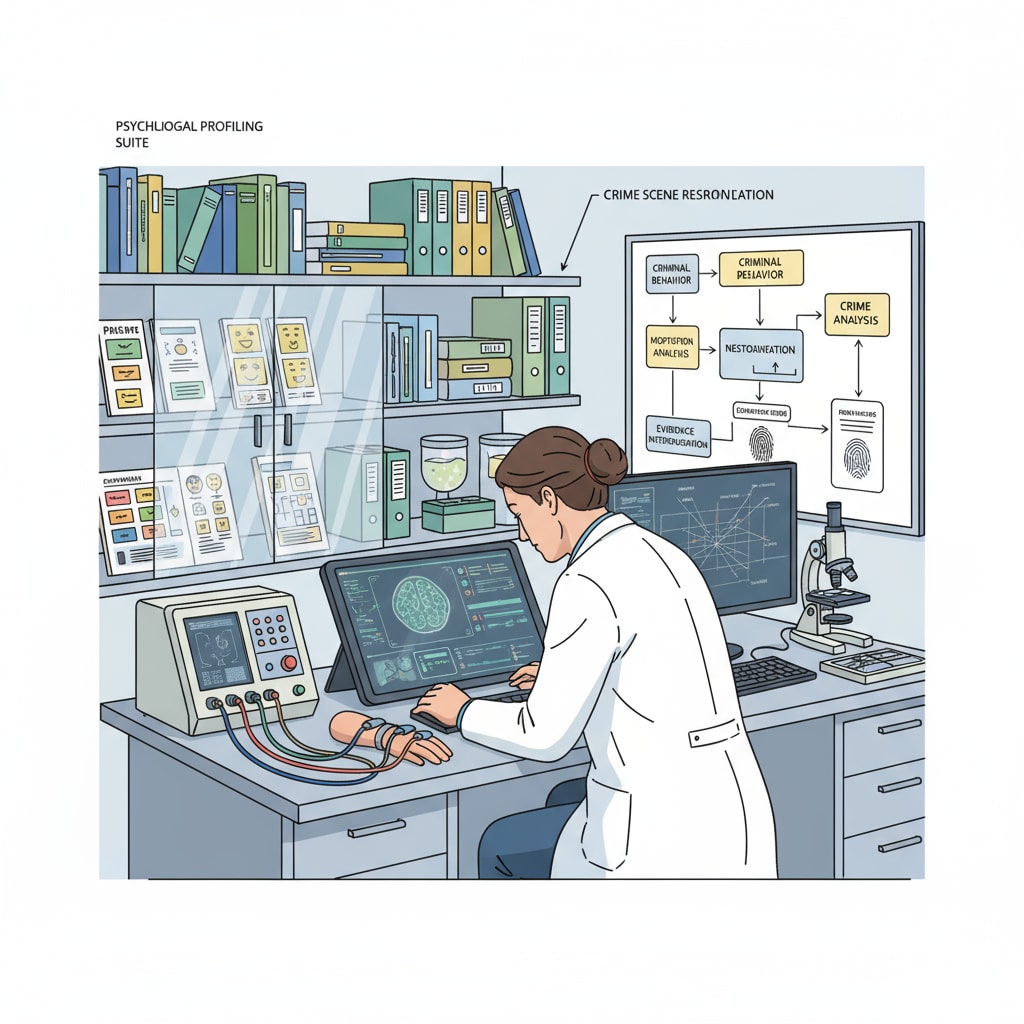Dual degrees in psychology and criminology present a unique academic journey that combines two fascinating fields. As students navigate the complex landscape of higher education, the decision to pursue such a dual degree requires careful consideration of its value and potential challenges.

The Intersection of Psychology and Criminology
The fields of psychology and criminology intersect in many ways. Psychology provides insights into human behavior, motivation, and mental processes, which are crucial in understanding criminal behavior. Criminology, on the other hand, focuses on the study of crime, its causes, and the criminal justice system. By combining these two disciplines, students gain a comprehensive understanding of criminal behavior from both psychological and social perspectives.
The Value of Dual Degrees in Psychology and Criminology
One of the significant benefits of pursuing dual degrees in psychology and criminology is the enhanced career prospects. Graduates with this combination of degrees are well-suited for a variety of roles in the criminal justice system, mental health services, and research. For example, they can work as forensic psychologists, helping to assess the mental state of criminals and provide expert testimony in court. In addition, they can contribute to the development of rehabilitation programs for offenders, using their knowledge of psychology to understand and address the underlying causes of criminal behavior.

Another advantage is the intellectual growth and critical thinking skills that come with studying two diverse fields. The different methodologies and theoretical frameworks in psychology and criminology challenge students to think creatively and approach problems from multiple angles. This broadens their perspective and equips them with a unique set of skills that are highly valued in the job market.
The Challenges of Pursuing Dual Degrees
However, pursuing dual degrees is not without its challenges. The workload can be intense, as students are required to complete the coursework for two separate degree programs. This may involve taking a larger number of courses each semester and managing multiple assignments and exams. Time management becomes crucial to ensure that students can keep up with the demands of both disciplines.
Another challenge is the potential for overlap and conflict between the two degree programs. Some courses may cover similar topics, but from different perspectives, which can lead to confusion. Students need to carefully plan their course schedules to avoid duplication and make the most of their academic experience.
In conclusion, dual degrees in psychology and criminology offer a valuable and rewarding academic journey. The intersection of these two fields provides students with a unique set of skills and knowledge that can open doors to a variety of career opportunities. However, students must also be prepared to face the challenges associated with pursuing two degrees simultaneously. By carefully weighing the value and challenges, K12 students and parents can make an informed decision about whether this academic path is right for them.
Readability guidance: Using short paragraphs and lists helps summarize key points. Each H2 section should preferably include a list. Controlling the proportion of passive voice and long sentences, and integrating transition words (such as however, therefore, in addition, for example, as a result) throughout the text can enhance readability.


